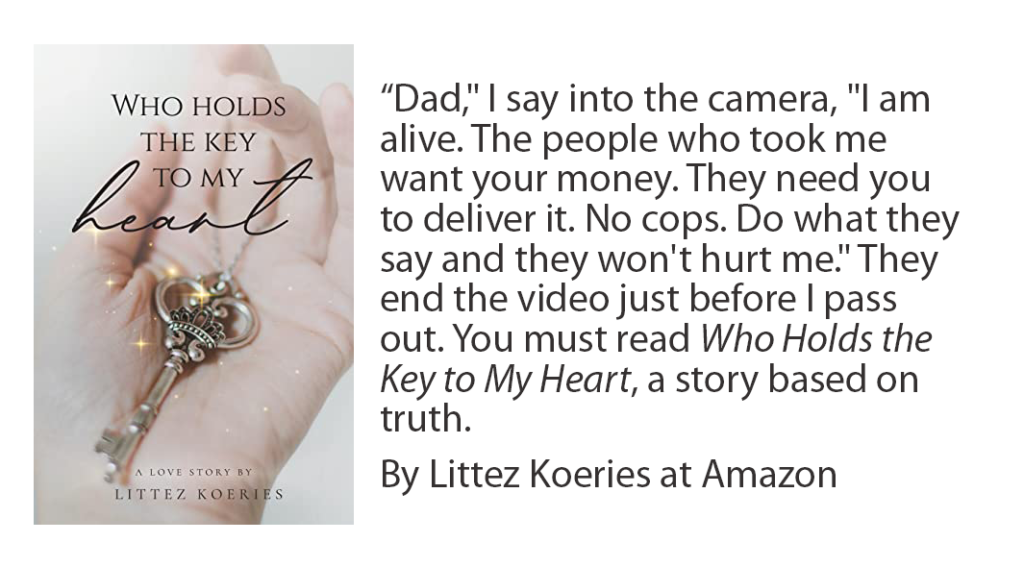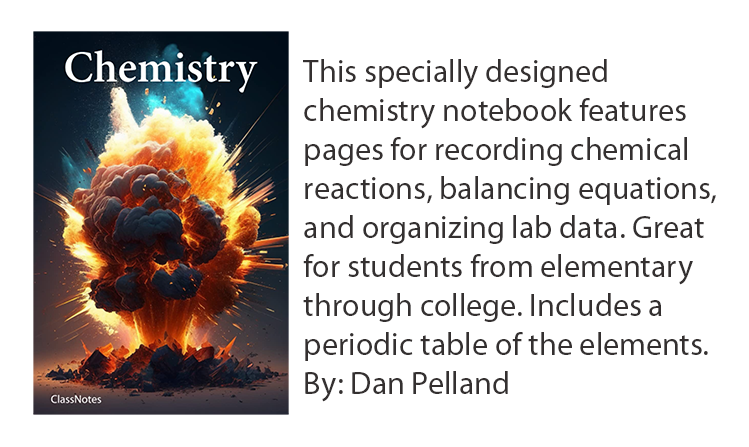Many professional writers don’t understand what absolute modifiers are. Do you? Google the phrase “a little unique”, and you’ll find 2,820,000,000 results in 0.45 seconds. These are, to my way of thinking, mostly incorrect uses of the word unique. Unique is an absolute term, an absolute modifier. It describes something that has no equal, no peer. Like, “The Earth is unique among the planets we know.”
I felt completely secure in that point of view. I knew, absolutely, that a description of being unique can’t be written comparatively with a comparative modifier like “sort of.” Sort of like — pregnant can’t be relative or comparative. Pregnant is an absolute modifier. You are or you ain’t. Amen. Or perfect — it’s perfect, or it’s not. You won’t find degrees of perfection. And unless you’re a fan of Stephen King’s Pet Sematary, you probably figure dead is dead, not kind of dead.
Apparently, it’s possible to be a little unique
Oh yes, I stood my ground and argued with people about absolute modifiers. I’m a grammar snob. As a writer/editor/publisher, I’ve made my living with grammar and syntax for four decades. Then, recently, two things happened.
- An assertive, nay, an aggressive writer took strong issue with my telling her she couldn’t use “fairly unique.” At her request, I checked an online dictionary and found this: “…existing as the only one or as the sole example; single; solitary in type or characteristics: a unique copy of an ancient manuscript.” (Ok, works for me so far.) Then, “having no like or equal; unparalleled; incomparable: Bach was unique in his handling of counterpoint.” (Yep. Good.) And “limited to a single outcome or result; without alternative possibilities: Certain types of problems have unique solutions.” (I am nodding righteously. Damn straight!) Followed by, “not typical; unusual: She has a very unique smile.” (Say whuuuut?!?!)
- Later, I stumbled upon the Great Courses Series, History of the English Language. I bought the audiobook and enjoyed it immensely. I learned a lot from the section where the lecturer explains that language is a living process, ever-changing, just like the entire Universe. We once were admonished that a preposition is not something you can end a sentence with. Then, almost all English speakers shifted to willy-nilly hanging preps at the ends of sentences. It’s the common acceptable practice now. And it’s one of a huge number of changes to acceptable English usage just in my lifetime. Apparently, proper grammar flexes and being a little unique is not a crime against Strunk and White. Even J.D. Salinger and Merriam-Webster stand against me. Salinger wrote, “…we were fairly unique, the sixty of us, in that there wasn’t one good mixer in the bunch.”
Ok, you can be a little unique, but it’s still an absolute modifier for me
I don’t always find it comfortable to embrace change, and this non-absolute vision of uniquity troubles me. But I concede, though I will forever maintain one can’t be slightly pregnant. Language is fluid. There are almost 1.1 million American English words, with a new one being coined about every hour and a half. Just think about dictionary entries for omg, athleisure, blert, cryptocurrency, and fantoosh. Never again will I carp about dolts who don’t realize you can’t be a little unique. You can. And I am. Kind of. However, I still cringe when I listen to younger news reporters talk about someone being “more smart.”
Learn more about language
Language Change and Historical Reconstruction
Is English Changing? Linguistic Society of America
- ICYMI – in case you missed it
- Cringe – as an adjective
- MacGyver – as a verb
- Adorkable – as a ridiculous adjective
- Sus – as a middle school form of lazy speech
- Yeet – to throw – ??





3 Responses
This article was a great read and actually helped me have a better understanding of what an absolute modifier is. An absolute modifier is definitely one of those literary terms I’ve forgotten about whilst on my writing journey. Thank you!
thanks for stopping by!